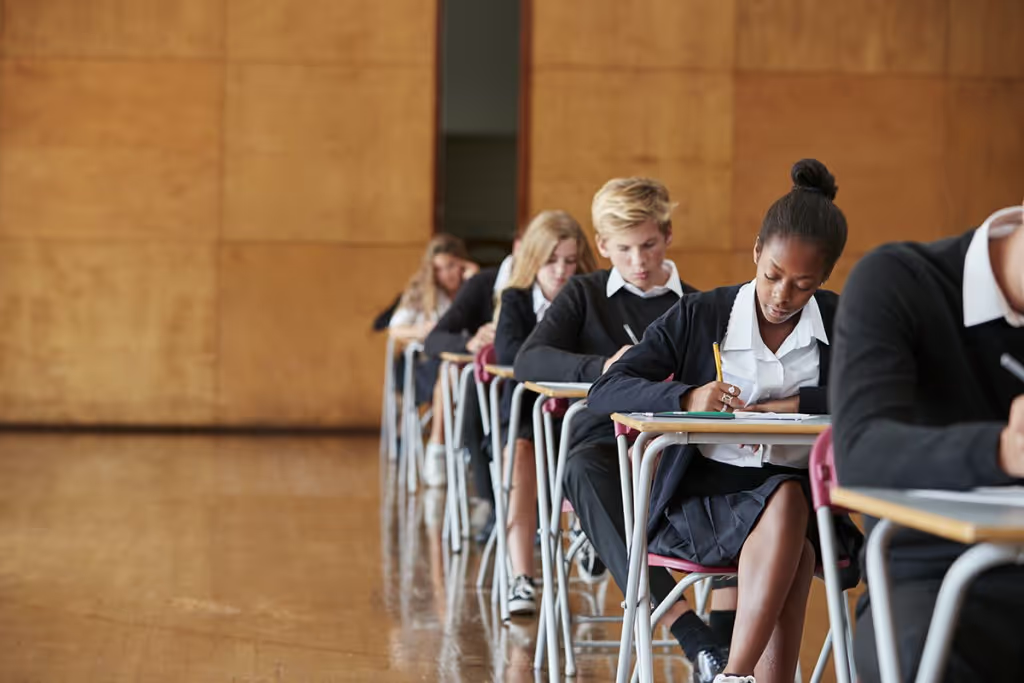School Performance Anxiety: Root Causes and Solutions

Performance anxiety is a type of anxiety characterized by the fear of performing tasks in front of others due to the potential for judgment or negative evaluation. This anxiety can lead to a range of physical and psychological symptoms, including sweating, trembling, rapid heart rate, and difficulty concentrating.
In the context of school, performance anxiety is commonly triggered by activities that require students to demonstrate their skills or knowledge, such as taking exams, giving presentations, or participating in class discussions. Several factors contribute to the prevalence of performance anxiety in academic environments.
Factors Contributing to School-Related Performance Anxiety
1. Emphasis on Grades and Academic Achievement
The intense focus on grades and academic success places immense pressure on students. The fear of failure or not meeting expectations can cause significant stress. Adolescents, in particular, are at a developmental stage where peer approval and self-identity are highly important. They may worry excessively about how their performance will be perceived by classmates and teachers, leading to heightened anxiety.

2. Competitive Nature of the Educational System
The competitive nature of the educational system can exacerbate performance anxiety. Adolescents often compare themselves to their peers, creating a sense of inadequacy or fear of falling behind. This comparison is amplified by social media, where students might see curated images of their peers’ successes, contributing to feelings of inadequacy and heightened performance anxiety.
3. Developmental Changes
The rapid physical and emotional changes during adolescence make this age group particularly susceptible to anxiety. Hormonal fluctuations, along with the development of abstract thinking, can lead to increased self-consciousness and vulnerability to stress. Adolescents are also navigating the transition from childhood to adulthood, which involves establishing independence and making important life decisions. This period of uncertainty and change can intensify feelings of anxiety, particularly in performance-related situations.

4. Parental and Societal Expectations
Parental and societal expectations play a significant role in performance anxiety. Adolescents might feel pressure from parents to excel academically and secure a successful future. This external pressure can become internalized, making students anxious about their performance and fearful of disappointing their families.
How We Can Help
Addressing performance anxiety requires a holistic approach, including fostering a supportive educational environment, teaching stress management techniques, and promoting a healthy balance between academic and personal life. A mental health follow-up with a child and adolescent psychiatrist and a therapist can be instrumental in helping adolescents manage performance anxiety.
Our psychiatrists can assess the adolescent’s overall mental health, identify any underlying conditions contributing to the anxiety, and, if necessary, prescribe medication to alleviate severe symptoms. Concurrently, our therapists provide a safe space for adolescents to explore and express their fears and concerns. Through therapeutic techniques such as cognitive-behavioral therapy (CBT), our therapists help adolescents develop coping strategies, challenge negative thought patterns, and build self-confidence.
This combined approach ensures a comprehensive treatment plan that addresses both the psychological and physiological aspects of performance anxiety, empowering adolescents to perform more confidently in academic and other performance-related settings.
Schedule a consultation with one of our experts here.

